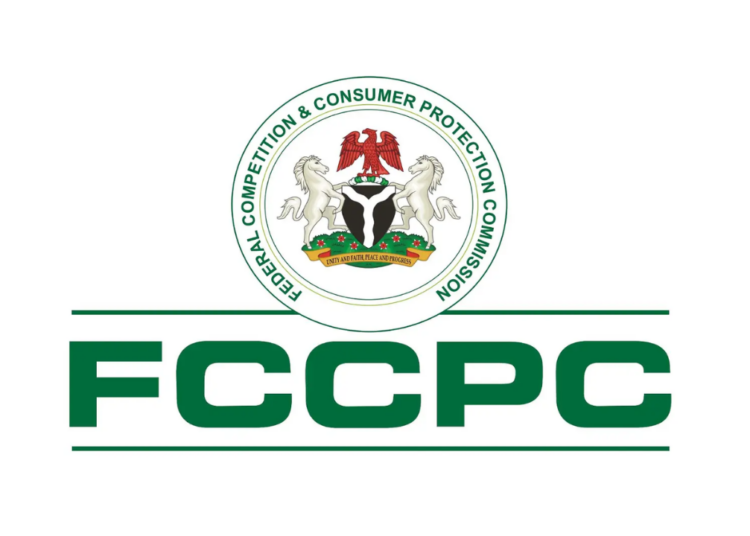The Federal Competition and Consumer Protection Commission (FCCPC) has said that recent court judgments against Multichoice Nigeria Limited and Peace Mass Transit have reinforced Nigeria’s consumer protection laws.
The executive vice chairman and chief executive officer of the FCCPC, Mr Tunji Bello, described the rulings as landmark victories for Nigerian consumers and a clear demonstration of the strength of the Federal Competition and Consumer Protection Act (FCCPA) 2018 in holding service providers accountable.
“These judgments show the strength of the FCCPA, which empowers consumers to seek redress and requires service providers to meet lawful standards of fair service delivery.
“The courts have once again confirmed that consumer rights in Nigeria are real, enforceable, and must be respected,” Bello said.
Bello commended the judiciary for promoting fairness and accountability in the marketplace and applauded the affected consumers for pursuing justice through lawful channels rather than resorting to self-help.
“The law offers several ways for consumers to express their grievances, and these decisions confirm the judiciary’s willingness to protect consumer rights,” he stated.
He disclosed that between March and August 2025, the FCCPC facilitated recoveries exceeding N10 billion for consumers across 30 sectors, reflecting what he described as the growing effectiveness of Nigeria’s consumer protection framework. Bello added that consistent judicial enforcement now complements the Commission’s regulatory work, ensuring that violators face real consequences.
In Lagos, Justice R. O. Olukolu of the State High Court awarded N5 million in damages to a DStv subscriber, Ben Onuora, for the wrongful disconnection of his active subscription.
The court held that Multichoice acted unlawfully by cutting off service despite verified payment, causing undue inconvenience to the claimant and his family.
The court ordered immediate reconnection and an extension to cover the disconnection period, citing Sections 130, 136, and 142–145 of the FCCPA, which safeguard consumers’ rights to quality service and hold suppliers liable for interrupted or defective delivery.
In Enugu, Justice C. O. Ajah of the State High Court ruled that Peace Mass Transit’s “no refund after payment” policy was illegal and void under Sections 120, 104, and 129(1) of the FCCPA. The company was ordered to refund a passenger, Tochukwu Odo, and pay N500,000 in damages after failing to complete a paid trip.
The court held that denying refunds for unrendered services violates statutory consumer rights.
The FCCPC, established under the FCCPA 2018, is Nigeria’s principal agency for consumer protection and competition regulation. The Commission promotes fair market conduct, safeguards consumer rights, and ensures accountability across all sectors of the economy.





